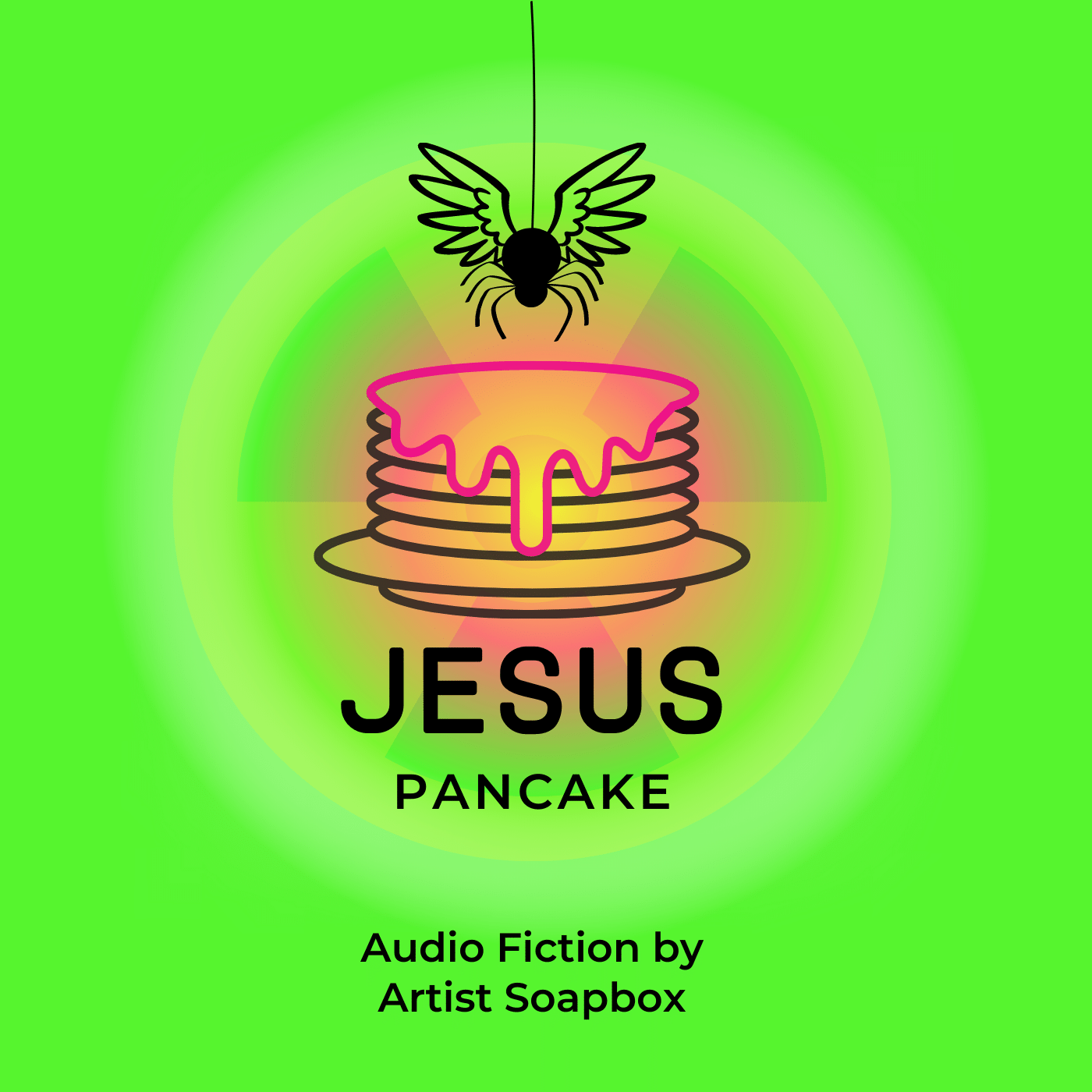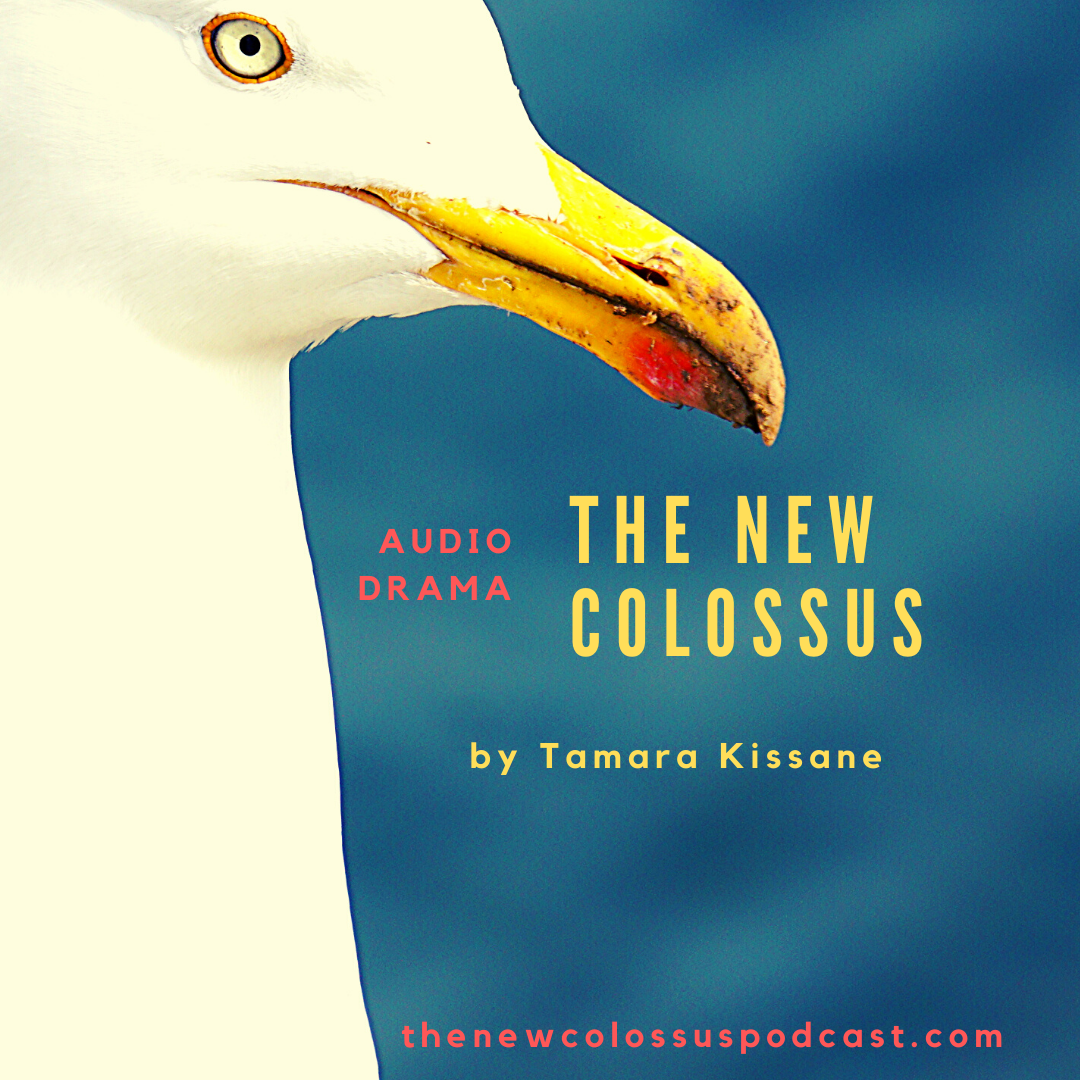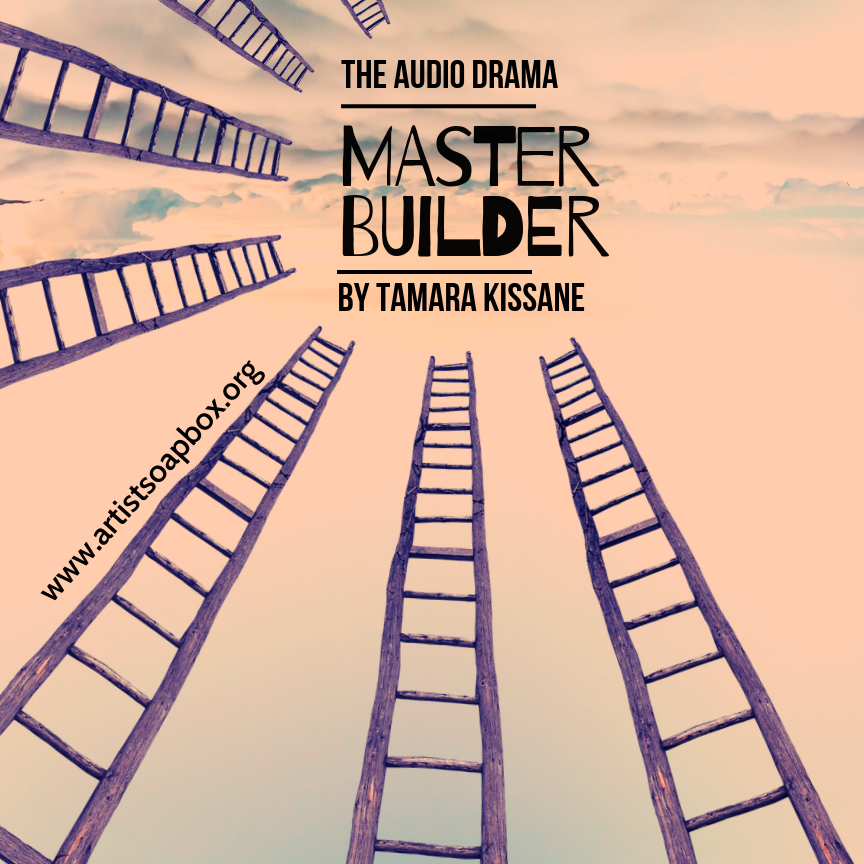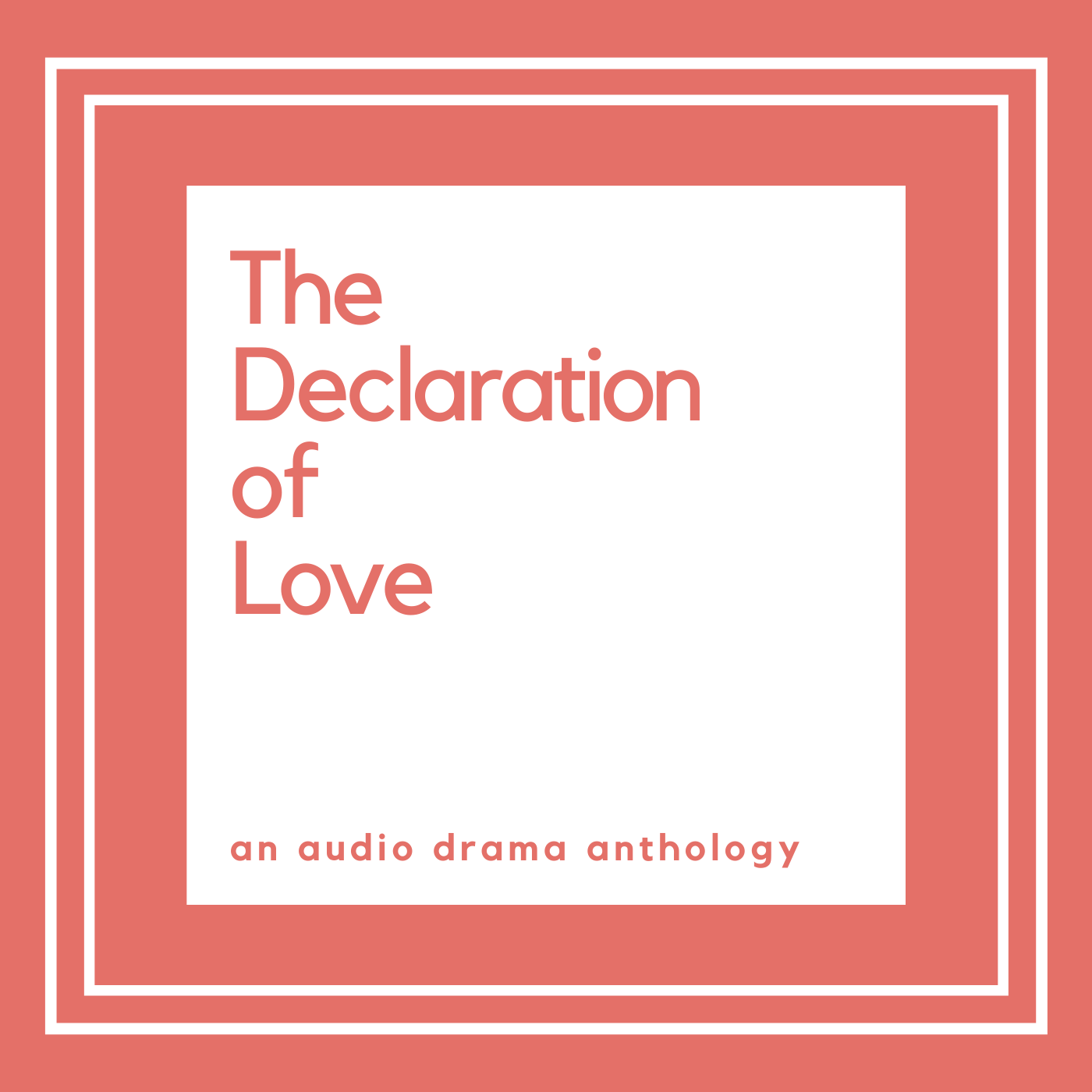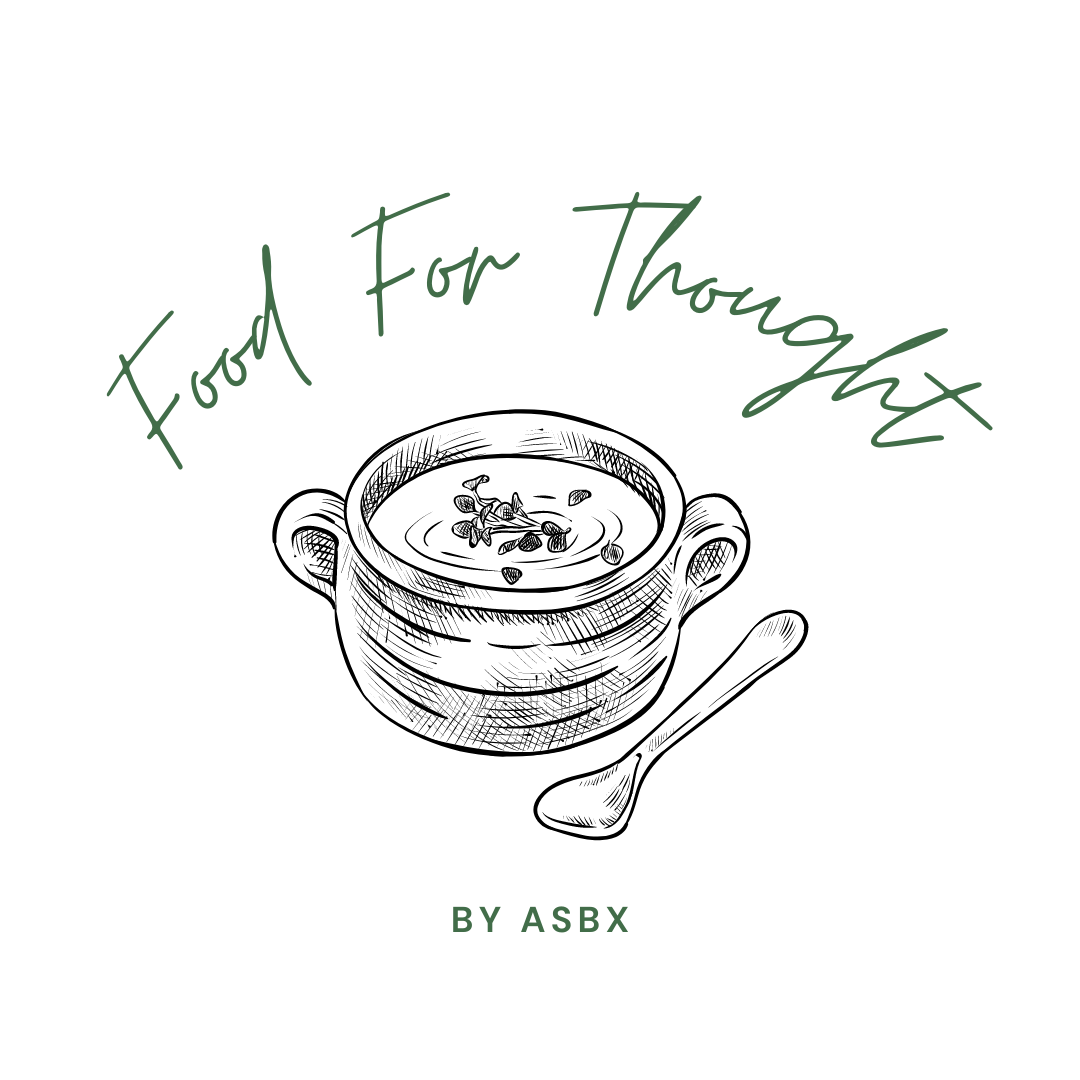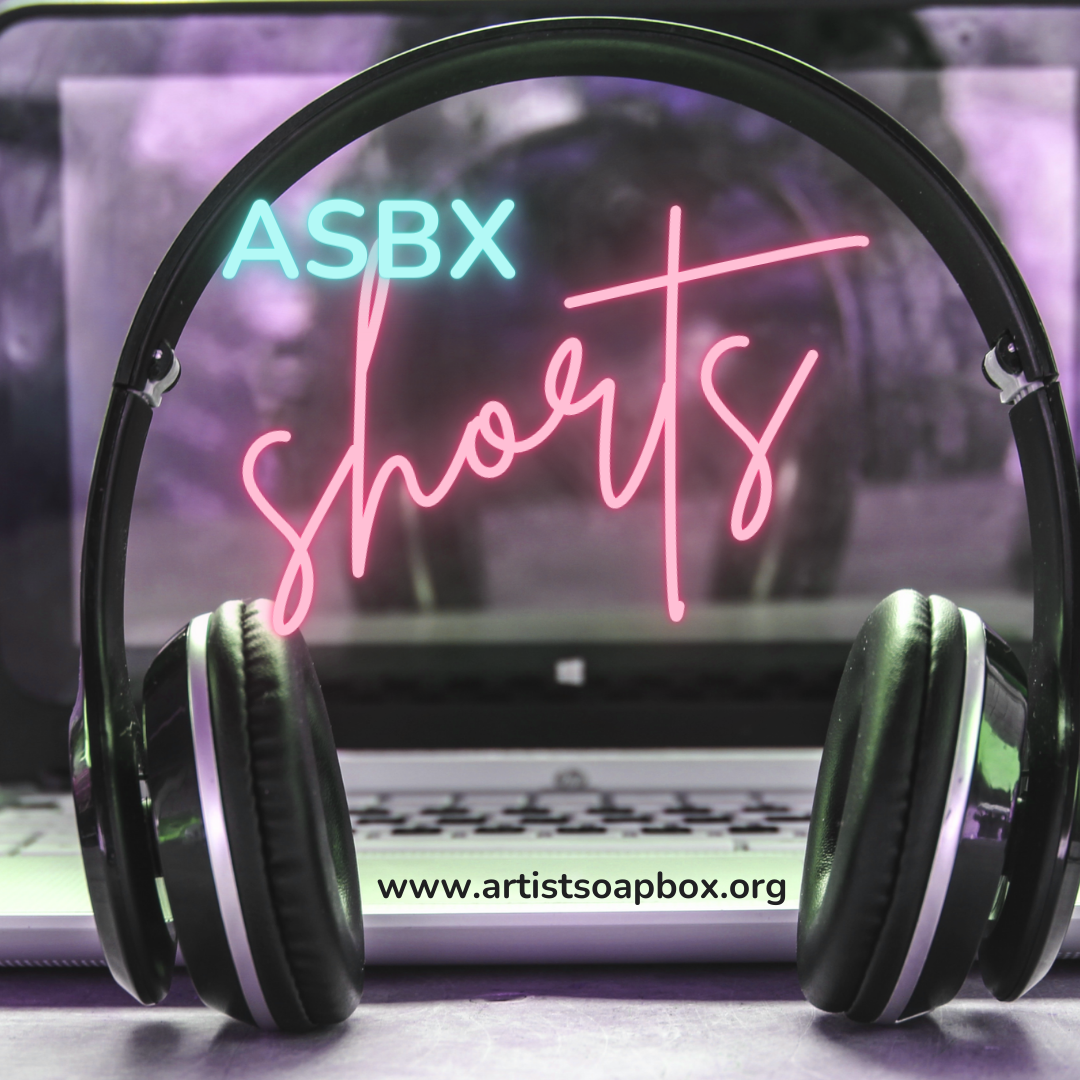Katy Koop interviews Ashley-Ruth Bernier, one of the writers in The Food for Thought Project, a year-long lab for aspiring audio dramatists. This is Part Two in a four part series. Read Part One with the producers here, including more about the guest speakers mentioned in this interview.
What can cake teach you about life? That practice makes perfect, and if you try something once, it probably won’t be perfect, and you have to keep working on it if you want to be good at it.
Nicole byer
Baking, even with its sweet results, can be complicated. You have to have the right ingredients, prepared correctly, in the right environment, cooked for the exact right amount of time— all in order to get that perfect, fluffy cake. Sometimes, no matter how you try or how close you follow the recipe, however, it doesn’t quite turn out, so you have to try again. In that way it’s much like writing, especially in new mediums like audio dramas. It’s such a delicate process, but the results can be truly amazing. Ashley-Ruth Bernier, a cake lover, teacher, and a writer, is well attuned to this balancing act, both in writing and in baking. Bernier, although she has been based in North Carolina for the last 8 years, has her roots in the US Virgin Islands, where she lived most of her life. That experience informs her work as a writer of Caribbean fiction, though with her recent work with the Women’s Theatre Festival and Artist Soapbox, she is exploring new genres.
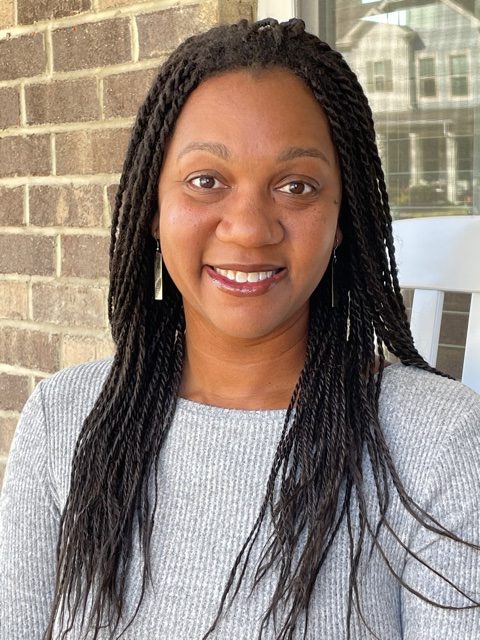
Ashley-Ruth Bernier 
Her audio drama “And Eat it, Too” follows the experience of Jolie, a laid off baker living in St. Thomas, who gets a job as a cleaner for a reality baking show along the lines of shows like Cake Wars. Set in the wake of the COVID-19 pandemic and the loss of tourism income in the region, it examines how the sweetness of baking and the reality of shows like these interact. As Bernier explains, the audio drama explores how all the sweetness and sugar of a baking reality show “intersects with the reality of food growth systems for culture and traditional growing practices and what happens when these two worlds collide.” Beyond that cultural collision, she drew inspiration from one of her great loves, explaining that, “I really love cake. I really really love cake,” so much so that every member of the first grade class she teaches knows how much she loves it.
For her, “I was kind of drawn to the idea of writing about cake because it helped me explore the themes of sweetness and fluff, and something being an extra treat versus the idea that food has to be nourishing or has to be healthy.” Beyond that, however, “I also love the idea of using it as a vehicle to show the two different worlds,” Bernier explains, “ There are specific ways that we bake cake in the Virgin Islands. The traditional cake is called a “Vienna Cake” of all things but it’s very specific in terms of its preparation, like what the icing is like and how you layer it. It’s a little different than how cakes are baked here stateside, or the types of decorated cakes you see on reality shows. To me, it’s kind of a cool vehicle to tell the story. I am drawing on my own experience eating a lot of cake”. Marrying her own experiences with making cake, along with all of her experiences in the Virgin Islands, she’s been working on a story that hits all the right flavors.
For Bernier, the sessions with Stephen Satterfield and Gabrielle E. W. Carver in particular “gave us so much to think about in terms of how food and culture intersect, how food and race intersect, distribution, and just the way that we can all relate to each other”. In particular, Carver’s conversations about ancestral food preparation helped Bernier make connections to her own work. “Although she was mostly speaking about African American traditions,” Bernier explains, “ the ideas and concepts translated perfectly into what we experience in the Caribbean, in terms of cooking food the traditional way versus things that have been brought to the islands, things that have kind of been pushed on our culture.” The conversations that she had with Ashley Melzer and Morgan Givens helped her really think about the craft and creation of her episodes. Talking to Melzer and Givens helped Bernier think of “what kinds of things to include in a pilot episode, how to make it interesting, how to not throw everything out there in that first episode, to throw out enough so that your listeners will want to come back,” along with “plotting out an entire season, just spacing out those major beats that are going to be in the series.”
Keeping in context of all of these speakers, her heritage, and her love of cake, Bernier is excited to release her pilot episode and about the possibility of creating a full season. Earlier this year, she actually got an unexpected break to really focus and flesh out her project. “I was given an unexpected gift of writing time in March when one of my own children unfortunately caught COVID-19,” she explains “Although thankfully it was a very mild case, I had to quarantine for a month. We weren’t allowed to leave the house, go to school… so the silver lining on that was that I really had a whole month to work on that pilot episode.” In that time, Bernier was able to plot out 8 episodes and “it just kind of blossomed and exploded.” For Bernier, she would “love to finish writing. I would love to hear it read aloud. I would love to hear it cast. Even if somebody were just to read it, I think they would enjoy reading it. It’s such a cool opportunity and I would really love to share it with the world.”
Stay tuned for more updates to the Food for Thought project and future audio series on the Artist Soapbox website, our patreon, and on social platforms.

Katy Koop is a theatre artist and writer based in North Carolina. Her writing has been published on websites like Electric Literature, Hello Giggles, Indy Week, and more. Her plays have been performed virtually and in North Carolina, NYC, and Minneapolis. She most recently attended the Kennedy Center Summer Playwriting intensive as a member of the BIPOC cohort and is currently pursuing her MS in Technical Communication at NCSU. You can find her tweeting at @katykooped and more of her work at katykoop.com.
If you’d like to hear more, listen to the podcast episode: 151: Writing your first audio drama: Aspiring audio dramatists discuss the Food for Thought Project. This project is generously supported by the Mary Duke Biddle Foundation.


